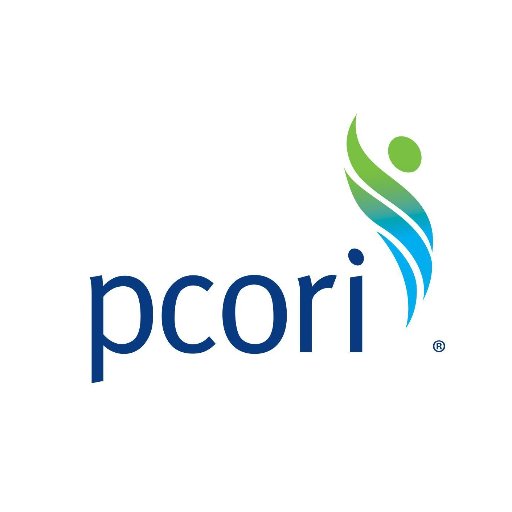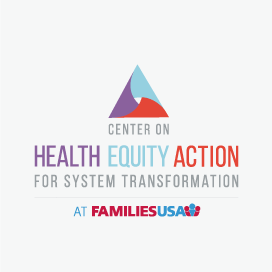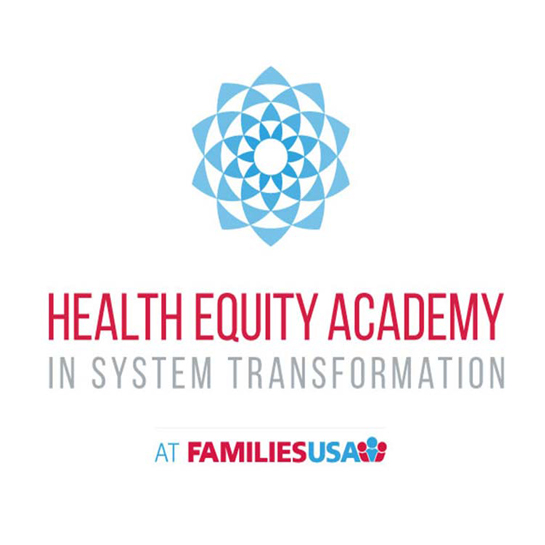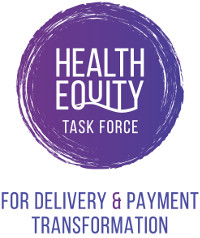Evidence for Equity Initiative
Families USA launched the Evidence for Equity Initiative to promote the need for representative and transparent evidence to help decision-makers implement health system transformation policies that advance health equity. The Initiative will synthesize, translate, and disseminate research findings of particular relevance to addressing disparities, with a special focus on patient-centered outcomes research (PCOR) and comparative effectiveness research (CER).
Why Is Better Evidence Important To Health Equity?
Health research trials are overwhelmingly white and male, meaning that approaches to care and treatment are most often developed with one audience in mind. Both PCOR and CER research expand the current evidence base to be more inclusive of race, ethnicity, gender, socioeconomic, and geographic diversity. By expanding the research base, the health care system may become more efficient, affordable, and equitable.
Improved Health Outcomes Depend On a Diversified and Transparent Evidence Base
Health system transformation seeks to improve health outcomes and reduce costs. Given that we are only one generation away from being a nation that is majority people of color, we will not be able to achieve these objectives without also solving for health equity. Decision-makers need representative and transparent evidence as they design new delivery and payment mechanisms, allocate resources to different programs, and implement new policies. The objective of the Evidence for Equity initiative is to ensure that PCOR and CER findings are synthesized, translated, and disseminated broadly, especially to policymakers, so that we can build a better, higher quality, more efficient, and equitable health care system that works for all of us.
This project is supported by the Patient-Centered Outcomes Research Institute (PCORI).

About The Patient-Centered Outcomes Research Institute
List of PCORI Publications and Webinars
Introductory Brief
- Paper: The Role of Patient-Centered Outcomes Research In Improving Evidence and Advancing Health Equity
- Webinar: Strengthening the Evidence Base to Achieve Health Equity
Asthma
- Paper: Advancing Health Equity Through Better Evidence For Asthma Care: Translating Patient-centered Outcomes Research Learnings Into Equity-focused Policy Recommendations
- Webinar: Advancing Health Equity through Better Evidence For Asthma Care
Community Health Workers
- Paper: Advancing Health Equity Through Community Health Workers and Peer Providers: Mounting Evidence and Policy Recommendations
- Paper: Making Community Health Workers Fundamental: New Research Strengthens The Case For State Policymakers to Include CHWs in Care Delivery Teams
- Paper: Spotlight On Success: New Mexico Community Health Representative Program Reduces Risk of Chronic Kidney Disease for Rural Zuni Indians
- Webinar: Advancing Health Equity through Community Health Workers and Peer Providers: Mounting Evidence and Policy Recommendations
Peer Support Specialists
- Paper: Peer Supports In Behavioral Health Care: A 2022 Resource Guide For Advocates
- Webinar: Effective Use Of Peer Supports In Behavioral Health Care And Crisis Intervention
Telehealth
- Paper: Advancing Health Equity through Telehealth Interventions during COVID-19 and Beyond: Policy Recommendations and Promising State Models
- Webinar: Advancing Health Equity Through Telehealth Interventions During COVID-19 and Beyond
Contraceptive Care
Join the Health Equity Action For Transformation (HEAT) Network and stay connected to this work.
Sign Up




